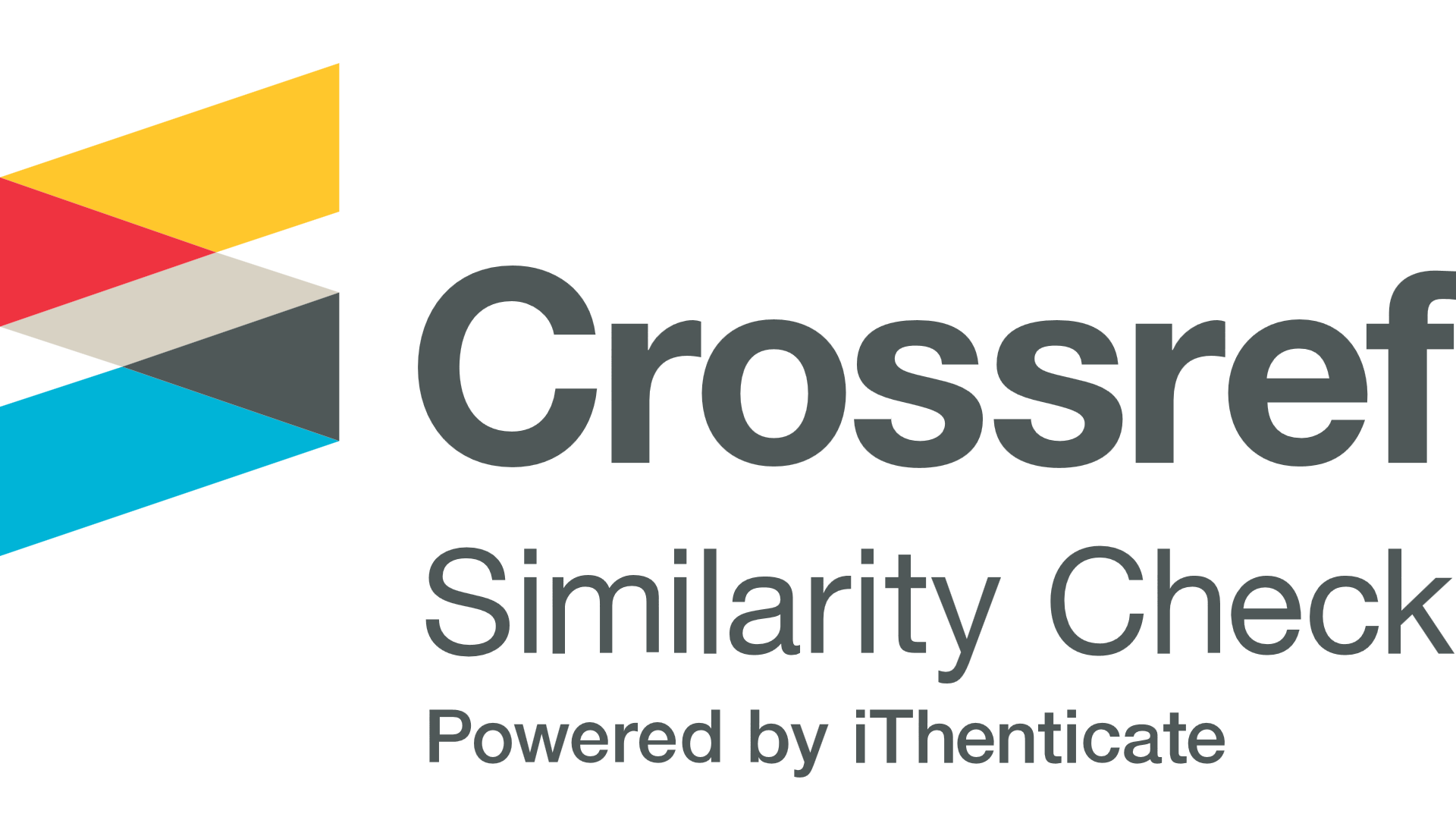The attitudes of University of Zakho students towards in-person, online, and blended learning systems according to the variables of (gender and academic level
Abstract
The study aims to identify the attitudes of University of Zakho students towards (in-person, online, and blended) learning systems and the significance of differences in the samples responses between the studied learning systems. Additionally, it aims to understand their attitudes according to the variables of (gender and academic level). The research sample consisted of (394) students selected through a comprehensive survey method from the third and fourth academic years of the College of Science, College of Education, and the Department of Physical Education and Sports Sciences who have experienced the three studied learning systems. A descriptive survey method was used to achieve the research objectives. The researcher relied on a scale of learners attitudes towards learning systems he prepared, consisting of (44) items distributed across three axes. After verifying the validity and reliability indicators of the scale, the data were statistically processed using percentage, arithmetic mean, standard deviation, highest and lowest values, skewness coefficient, Pearsons simple correlation coefficient, one-sample T-test, and independent samples T-test for responses. The researcher reached the following conclusions:
There are statistically significant differences with the hypothetical mean, indicating positive attitudes of the sample under study towards (in-person, online, and blended) learning systems.
There are no statistically significant differences between the average responses of the sample under study between in-person and online learning.
There are statistically significant differences between the average responses of the sample under study towards in-person and online learning compared to blended learning, in favor of the in-person and online systems.
There are statistically significant differences between the average responses of the sample under study according to the gender variable (male, female) in favor of females regarding their attitudes towards in-person learning.
There are no statistically significant differences between the average responses of the sample under study according to the gender variable (male, female) regarding their attitudes towards online and blended learning.
There are no statistically significant differences between the average responses of the sample under study according to the academic level variable (third, fourth year) towards the three learning systems (in-person, online, and blended).






